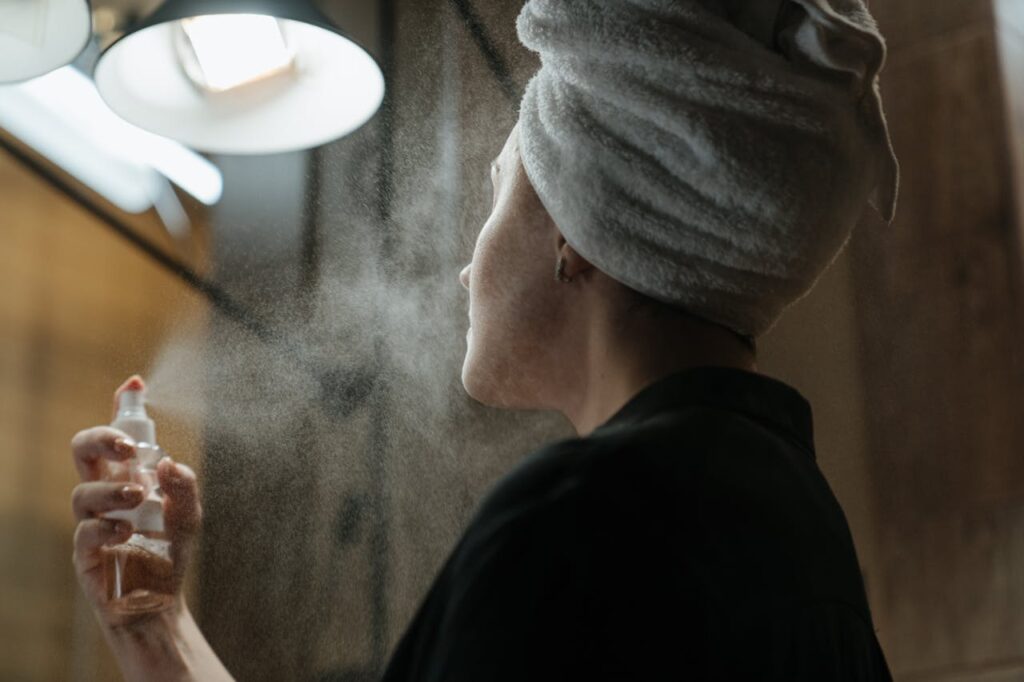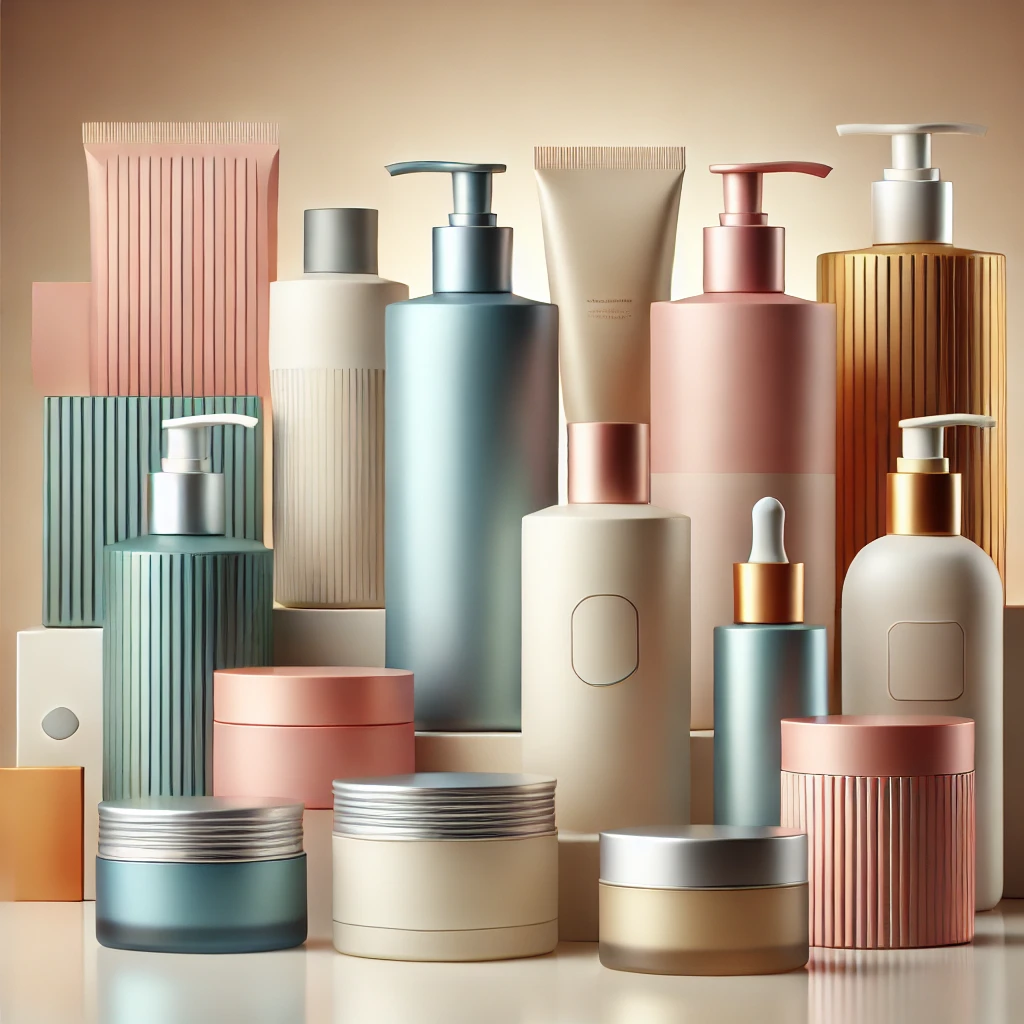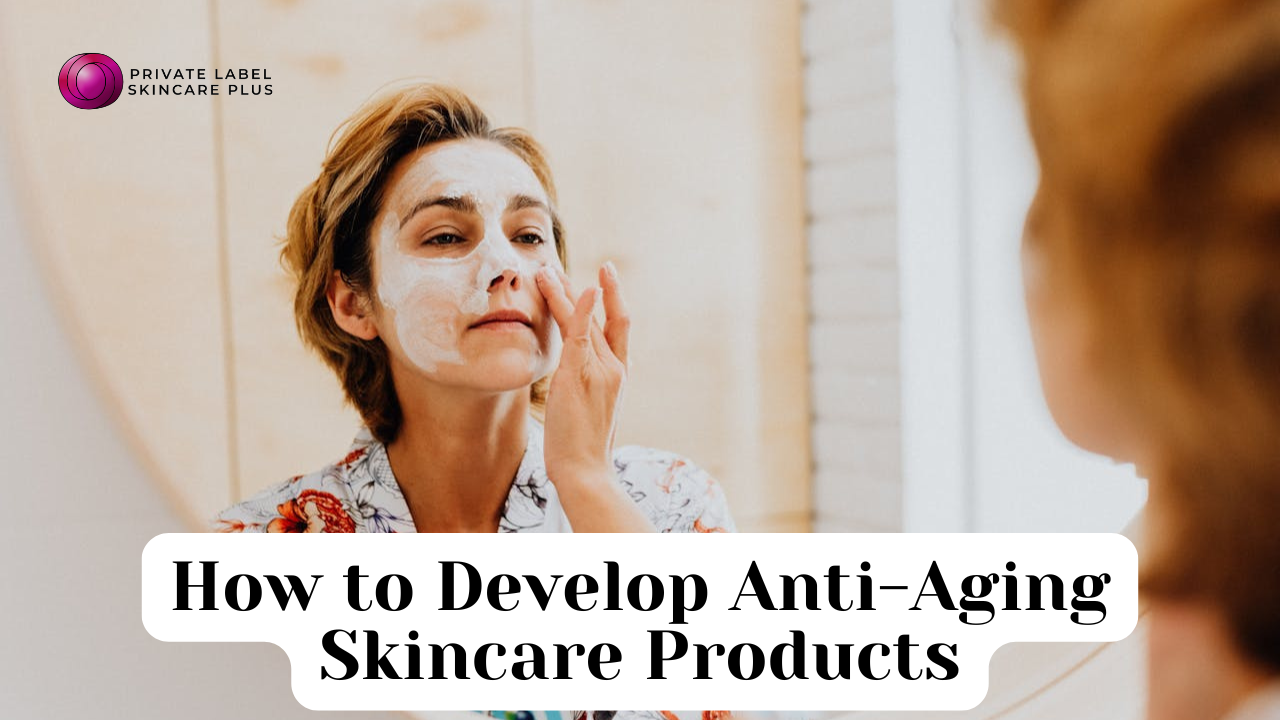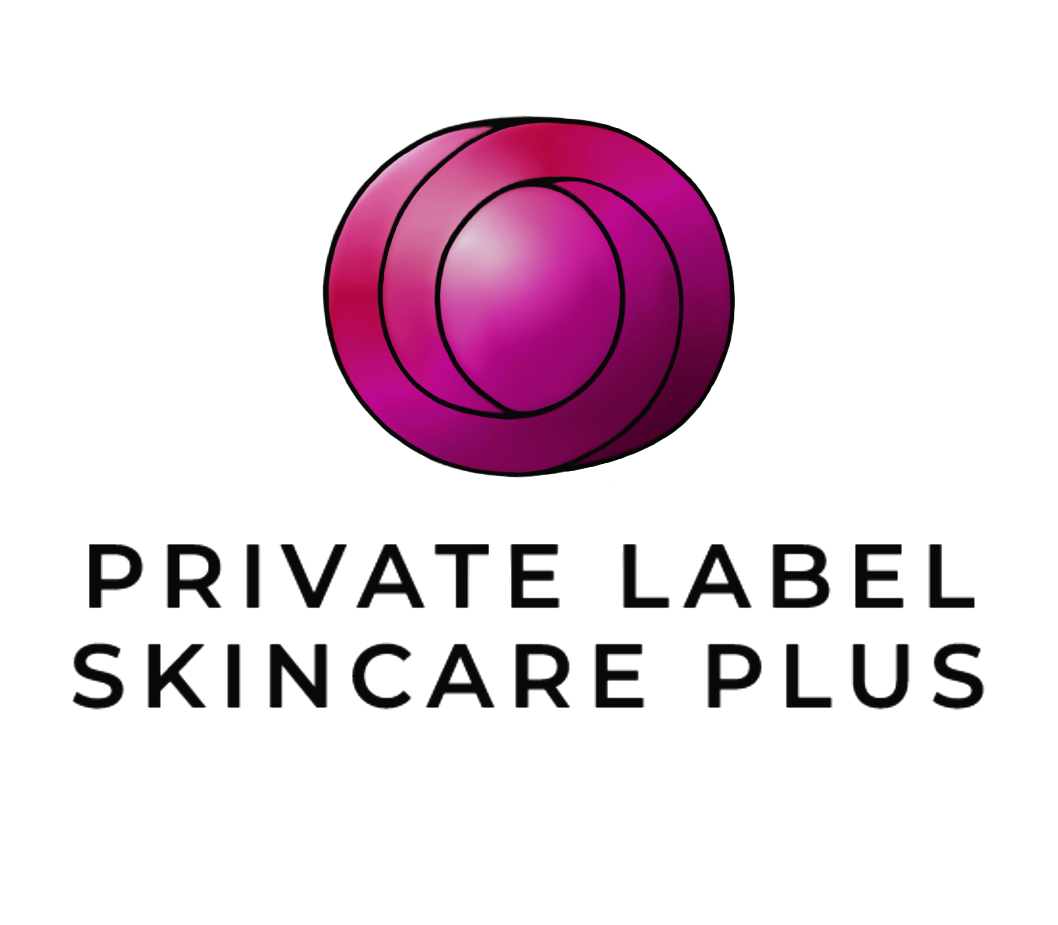The skincare industry is booming and consumers are obsessed with having youthful healthy skin. Anti-aging skincare products are gaining popularity as consumers want to combat the visible signs of aging such as wrinkles, fine lines and age spots. But developing effective and marketable anti-aging products can be a complicated process especially for brands that want to stand out in this crowded space.
Private label manufacturing has become a go-to strategy for entrepreneurs and established brands to get into the skincare market quickly. By working with private label manufacturers, brands can tap into the expertise of seasoned formulators while having flexibility in design, branding and marketing. This guide will walk you through the steps to develop anti-aging skincare products with private label manufacturers, from market research to product launch.
Market Research and Understanding Consumer Needs
Before you start developing an anti-aging product line, you need to understand the market. Anti-aging skincare appeals to a wide demographic but successful products are those that focus on specific consumer needs. For example, younger consumers are looking for preventative care while older consumers are looking for products that address deeper wrinkles or age spots.
Stay updated with the skincare trends. Today’s consumers are more aware of what they put on their skin. This has led to a rise in demand for clean beauty, vegan and cruelty-free products. Sustainable packaging is also becoming a deciding factor in purchasing decisions especially among eco-conscious consumers. Research your target market thoroughly so you can tailor your products to meet these expectations.
Competitor analysis is another part of your market research. Look at the anti-aging products out there. What ingredients do they use? What’s their USP? Find the gaps in the market.

Choosing the Right Private Label Manufacturer
Choosing the right private label manufacturer is the biggest decision you’ll make. Your manufacturer will not only help you formulate your products but will also make sure your vision aligns with the reality of production.
When choosing a private label partner consider their expertise in anti-aging skincare. Manufacturers with a history of producing successful anti-aging products will already have access to the latest ingredients and formulation techniques. And make sure your manufacturer complies with all regulations, like FDA in the US or EU Cosmetics Regulation in Europe so your product is safe and legal to sell.
Another important consideration is whether to use custom formulations or pre-made options. Custom formulations give you total control over your product’s ingredients and performance but can be more expensive and time consuming. Pre-made formulations are quicker and often more cost effective but less flexible.
Requesting samples is a big part of this process. Once you’ve identified potential manufacturers test their formulations to see product quality, stability and effectiveness. You’ll also be able to tweak the formula if needed to make sure it aligns with your brand’s promises and consumer expectations.
Developing Anti-Aging Formulation
The foundation of any anti-aging skincare product is the formulation. Anti-aging products are defined by the active ingredients they contain many of which have been clinically proven to work. Key ingredients in this category are retinoids (retinol and retinaldehyde), peptides and antioxidants (Vitamins C and E). These ingredients are known to stimulate collagen production, improve skin elasticity and reduce wrinkles and fine lines.
Another important ingredient is hyaluronic acid which is famous for its ability to retain moisture and keep the skin hydrated – a must to prevent and minimize the visible signs of aging. Exfoliants like alpha hydroxy acids (AHAs) are also popular in anti-aging formulations as they help to remove dead skin cells and encourage cell turnover to reveal brighter younger looking skin.
More and more consumers are looking for products with natural and clean ingredients. If your target market values sustainability and eco-friendliness consider using organic ingredients or plant-based alternatives. This is especially important for modern brands as consumers are becoming more aware of not just how well their skincare works but also its impact on the planet.
Packaging Design and Branding
Packaging is key to anti-aging skincare success. It has to look good and be functional. Many active ingredients in anti-aging formulas like Vitamin C are light and air sensitive so choosing packaging that protects these ingredients is crucial. Airless pumps, opaque containers and glass bottles are the go to’s for preserving the product’s efficacy.

Your packaging is also a branding tool. The design should reflect your brand whether you’re going for luxury high-end or affordable minimalism. Eco-friendly or sustainable packaging can also align with the values of today’s environmentally conscious consumer.
Your product labels must comply with regulations and list all ingredients, usage instructions and warnings. In addition to the practical bits it’s also important to make your label stand out. Skincare shelves are crowded so eye catching design combined with clear communication of the product’s benefits (e.g. “reduces fine lines in 30 days”) can be the key to grabbing consumer attention.
Regulatory Compliance and Testing
Skincare products especially anti-aging products are subject to strict regulations. In the US the Food and Drug Administration (FDA) governs cosmetics and anti-aging products must comply with specific regulations regarding ingredient safety and efficacy. International markets like the EU have even stricter guidelines and require a full cosmetic product safety report before a product can be sold.
Just saying your product reduces wrinkles or improves skin elasticity isn’t enough. These claims need to be backed up by testing whether through clinical trials or in vitro testing. Ethical marketing is key as misleading claims can harm your brand and get you in legal trouble.
Quality control is an ongoing process throughout production. You’ll need to do batch testing to ensure consistency in the formulation and performance of your products. This builds consumer trust and ensures your anti-aging products meet the highest standards.
Marketing and Launch Strategy
Launching an anti-aging skincare product requires a solid marketing strategy. The rise of digital and social media is a great opportunity to connect with your audience. Social media platforms like Instagram, TikTok and YouTube are perfect for showcasing skincare products with influencers and beauty bloggers providing real time reviews and demos.
Educational content is a powerful marketing tool for anti-aging products. Videos or blog posts explaining how certain ingredients like retinol or peptides work to combat aging can position your brand as the expert. Creating tutorials on skincare routines featuring your products can drive engagement and sales.
Your launch should include digital marketing, PR and promotions. Discounts or free samples can get the ball rolling and partnering with beauty professionals or dermatologists can add authority to your brand.
Scaling Your Product Line
Once your initial product launch is successful, the next step is to expand your range. This could involve adding complementary products, such as serums, night creams, or eye treatments that target specific areas of concern. Limited-edition or seasonal products can also generate buzz and help keep your brand relevant in a competitive market.
If your brand grows, consider expanding internationally. Be mindful, however, that each country has its own regulatory requirements for skincare products. Partnering with manufacturers who have experience in international markets can help ensure a smooth expansion process.
Conclusion
Developing anti-aging skincare products with private label manufacturers offers a unique opportunity to create high-quality products while minimizing the complexities of in-house production. From market research to formulation, packaging, and regulatory compliance, each step requires careful attention to detail. By partnering with the right manufacturer and focusing on creating innovative, effective products, you can successfully launch a brand that resonates with today’s skincare consumers.
With the right strategy, your anti-aging skincare line can not only stand out but also make a significant impact in the growing beauty industry.


